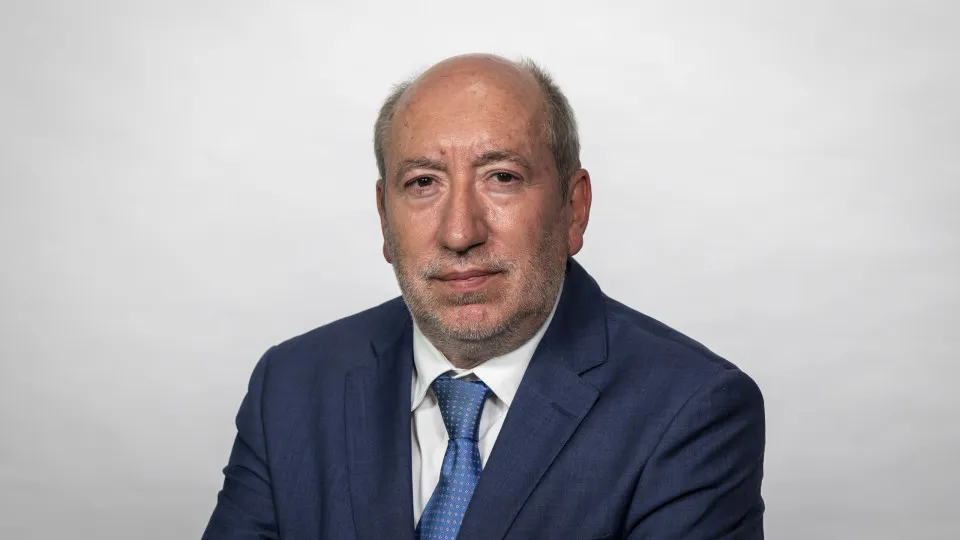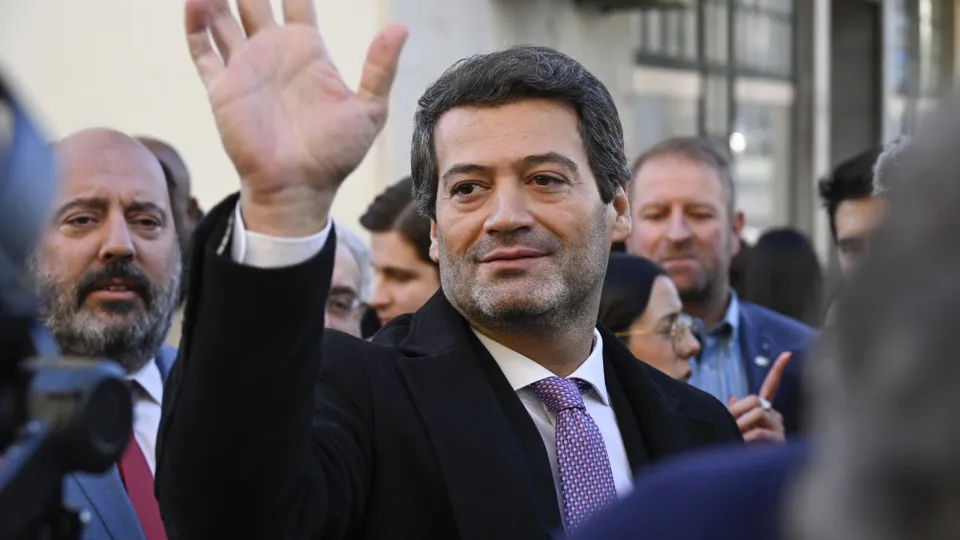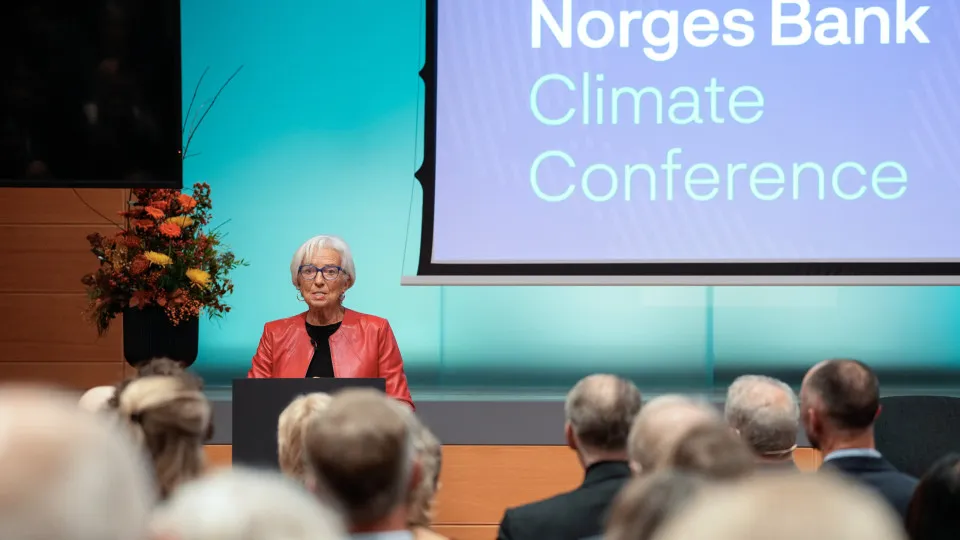
“When people say that public administration has too many people, I feel like asking where they think we should cut. From teachers? It doesn’t seem so, because we have a shortage of teachers, students without classes. From school staff? That doesn’t seem right. From doctors, nurses? That doesn’t seem right either. From security forces or the Armed Forces? That doesn’t seem right,” stated António Filipe.
The communist presidential candidate made these remarks during a visit to the Sociedade Filarmónica Humanitária de Palmela, in the Setúbal district, responding to statements by Gouveia e Melo to the newspaper Eco. The admiral and also a presidential candidate had declared there is “too much State” in Portugal, highlighting a “more liberal” perspective on the matter.
Gouveia e Melo, quoted by Eco, argued that “the State is a brake on economic development in the way it is present in the economy — not because it is replacing the private economy, but because it is somehow strangling the economy, strangling initiative.”
In stark contrast, communist candidate António Filipe not only questioned where the number of public administration staff could be reduced but also emphasized the need for change, given that “many public services do not have enough professionals and cannot attract professionals.”
“We need to have enough staff with valued careers. I honestly do not understand this discourse that there are too many public servants. Unless the intention is to transfer the State’s social functions to the private sector. Probably that’s the intention, and I do not share that view,” António Filipe stressed.
Concerning the preliminary report from the Office of Prevention and Investigation of Aircraft and Rail Accidents on the elevator accident with Glória in Lisbon on September 3, which resulted in 16 deaths and about two dozen injuries, stating that the cable connecting the two cabins of the Glória elevator, which failed at its attachment point of the derailed carriage, did not meet Carris’s specifications, António Filipe asserted the need to “determine responsibility to the fullest extent.”
“When lives are at stake — and that was the case with this tragic accident — it is necessary to determine responsibilities and accountable parties to the fullest extent. I believe this report points to serious deficiencies in the maintenance of that equipment. And I think there must be accountability, both for those who failed in their duty and the political leaders for the decisions that were made regarding that elevator, which led to this tragic situation,” said António Filipe.




